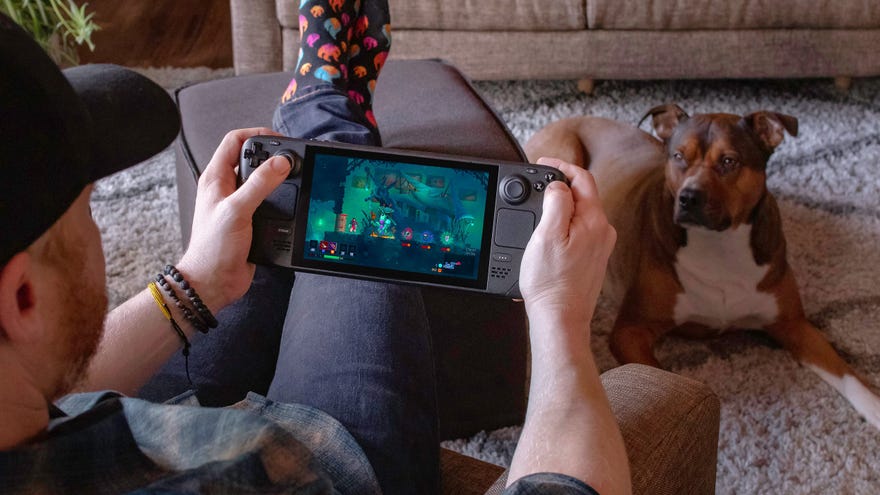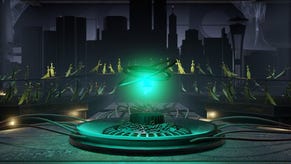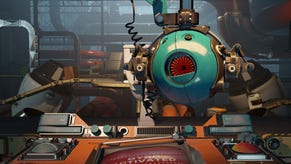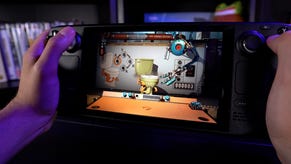Don’t expect games designed just for the Steam Deck, Valve say
Deck designers reckon what’s good for the handheld is good for the desktop
The Steam Deck is out! Technically! Or at least it’s finally begun shipping to those who got their preorders in the earliest. In any case, PC gamesdom at large is getting its hands on the handheld PC – and while it can comfortably run a good chunk of the Steam library, creators Valve aren’t anticipating future games to get Deck-specific features, control setups or performance optimisations.
That’s according to Steam Deck engineer Pierre-Loup Griffais and designer Jake Rodkin, who I spoke to ahead of last week’s launch. As part of a longer chat about the Deck’s development, current reception and potential future, I asked whether they envisage games developers designing and tweaking their games to suit the handheld specifically.
“I don’t think so,” replied Griffais. “I think we hope that developers keep Steam Deck in mind when thinking about what the startup experience will be, when you load a game on Steam on the Deck versus on a PC. But the best thing about the Steam Deck, I think, is that it can play your Steam library. And it's like a new window through which you can see Steam, more so than it’s a unique platform.”
Rodkin added: “If we expect that people do any work, it'll be work that just makes their game better on Steam as a whole. And not just for Steam Deck: things like controller support or accessibility on smaller screens, or lower specced PCs. But it should be a thing that increases the depth adaptability of their game and let it be played in a lot more different spots as well.”
Valve have long maintained that the Steam Deck is essentially just another form of PC, rather than a console; it allows for the default SteamOS operating software to be replaced by Windows, for one thing. And because it aims to play as much of your existing Steam library as possible, while supporting Steam Cloud saves to make switching between handheld and desktop systems easier, it wouldn’t make much sense to encourage different development approaches for each.
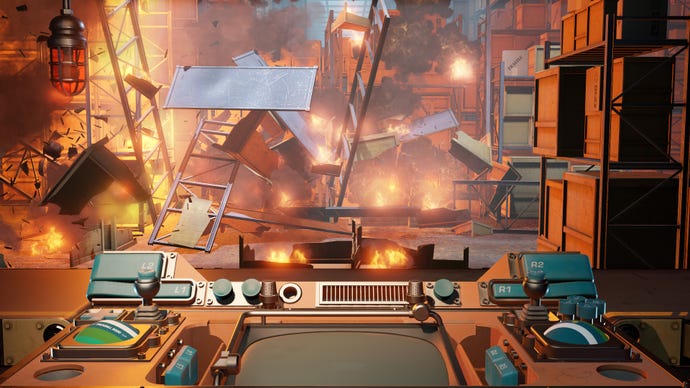
This interview also took place before Valve revealed Aperture Desk Job, a “playable short” set in the Portal universe that involves manipulating a console with suspiciously Deck-like controls. Almost like it’s a game designed just for the Steam Deck, you might say. Then again, it’s also playable on any PC with any supported controller, and let’s be honest: it’s more of a promotional doodad than a full-fat game anyhow.
Stick around for the full interview later this week. In the meantime, you can check out our chat with Valve President Gabe Newell on the Steam Deck, NFTs, consolidation, and tough lessons from past hardware projects.
